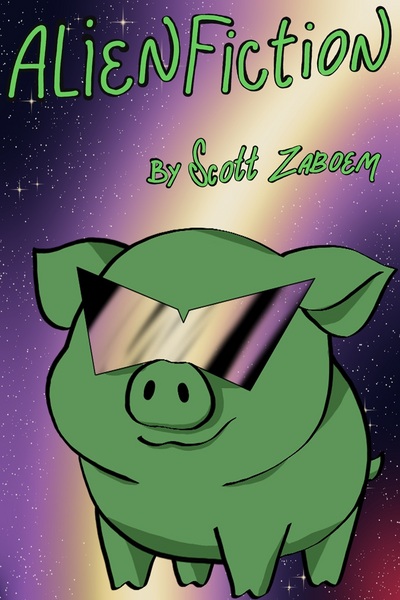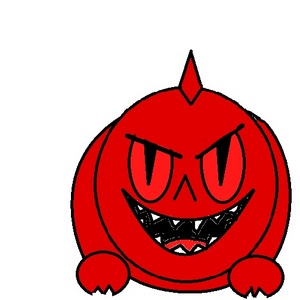Alien Fiction Roleplaying Game by Scott Zaboem
To complement the novella that I am writing, I am also including the rules for an original roleplaying game set in the same world. The basic rules will come from the Chupa Open Roleplay Engine (available for free from Archive.org ).
Play the Role
Let's talk about roleplay. Roleplay gaming does not mean kinky bedroom antics (although that is just fine also) but rather a group of people taking on the personas of their characters for the purpose of crafting a story together – or to just share a crazy experience. Roleplaying without any rules is always an option, but most gamers prefer when everyone in the game uses a common rulebook. It helps when everyone involved understands what each character is capable and is not capable of doing.
C.O.R.E. is the set of rules on which this game is based. C.O.R.E. originated from the hosts of the Dragons Landing Podcast several years ago, and it has a few unique advantages. C.O.R.E. (Chupa Open Roleplay System) is free to download, free to distribute, and free to modify for whatever. It scales nicely to different levels of complexity. It uses movie terminology which is easily accessible to new players with whom gaming jargon might not resonate. The person running the game is a Director. The players are Actors. The player characters are Stars, and non-player characters are Extras.
A typical Star (a character) in Alien Fiction is one of the aliens. If you have read any of the novella, you already know that these aliens are immortal and powerful on a cosmic scale -- but insanely bored. Most Stars will be either aliens or comparable immortal and cosmic beings.
The options for creating human or human-like characters are included, and roleplaying as a mortal human is also a valid choice. The main reason that these options are included, however, is so that human Extras (the non-player characters who are milling around the universe) may be quickly generated by the same character-creation method as the Stars. Although characters possess the same attributes and skills, they are not equals. The aliens are indestructible to mortals and function on a higher level of consciousness, so human versus alien fights are very one-sided. Humans can fight other humans. Aliens can fight other aliens, and this is fair. At the heart of the game, Alien versus Alien conflicts are settled using the humans as their champions. Think of two medieval kings each sending a champion out to represent them on the battlefield – or an animated Japanese child using captive animals to fight for glory.
Experience is rewarded entirely based upon laughs.
Dice
This system very straight forward mechanically. Attribute + Skill + a roll on a ten-sided die vs a difficulty number. Stats like Attributes and Skills range from 1 to 5, and difficulties range from 5 to 20. The difficulty number is a characteristic of the scene. Giving the stat to the scene means that a gamemaster doesn't need to calculate stats for hundreds of non-player characters who might be encountered in an adventure (and there will be hundreds at a time). Each attribute stat also establishes a separate hit point pool. When all of the hit points of any one attribute are exhausted, that character becomes incapacitated. (Those hit points pools are more thoroughly explained later.)
In Act II, we'll look at those Attributes and Skills which fill a character sheet.










Comments (0)
See all